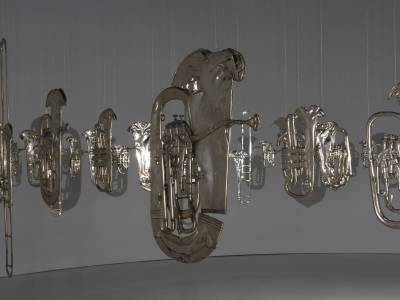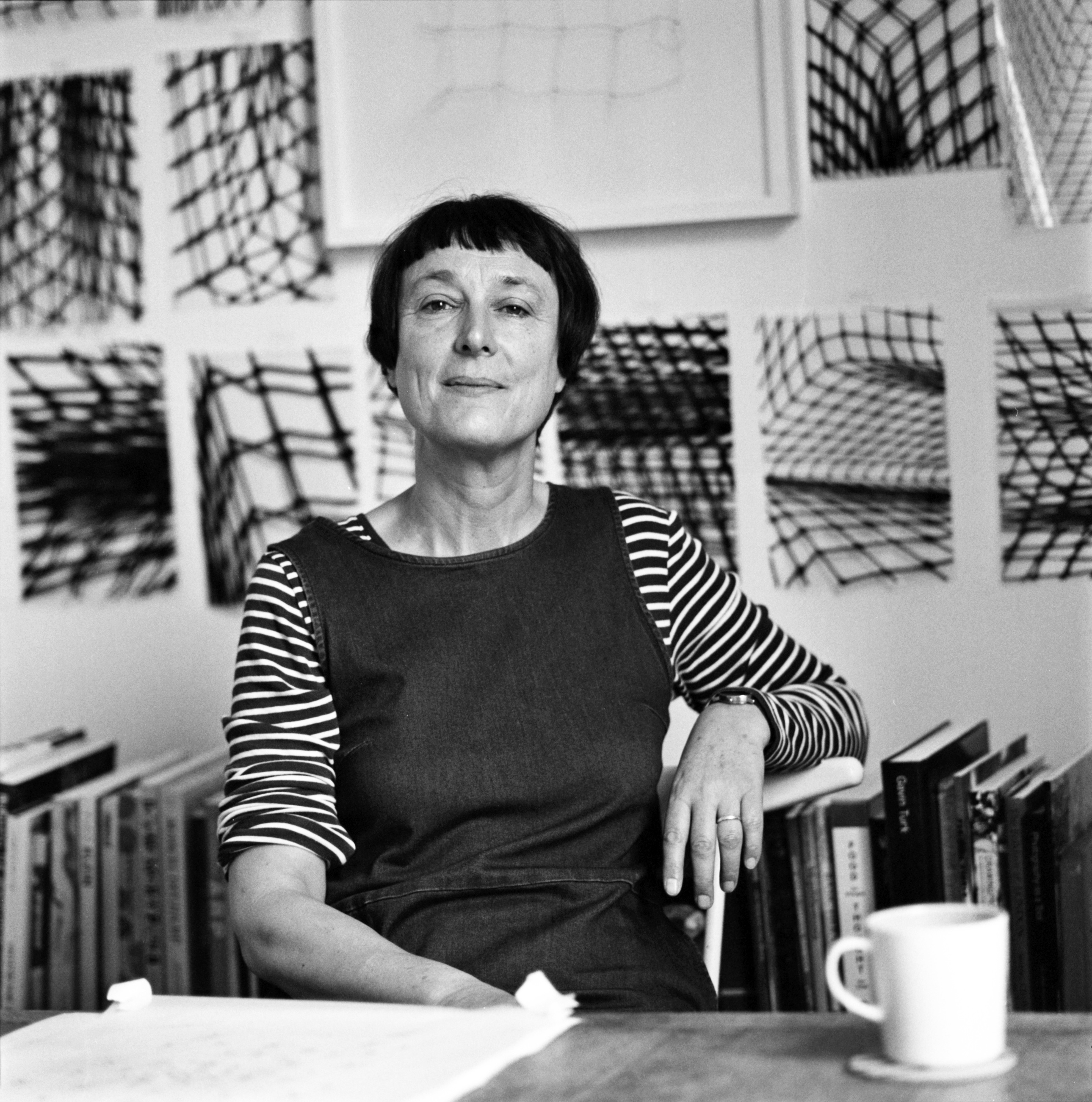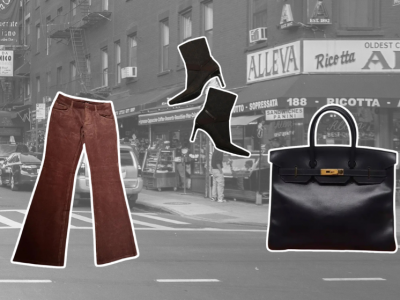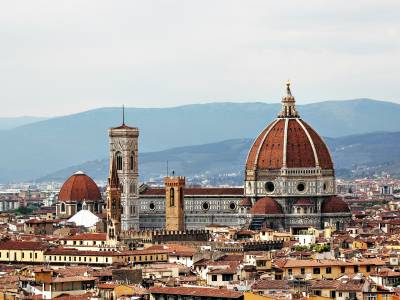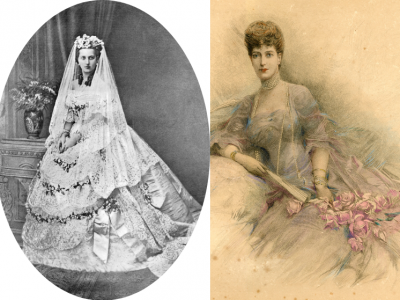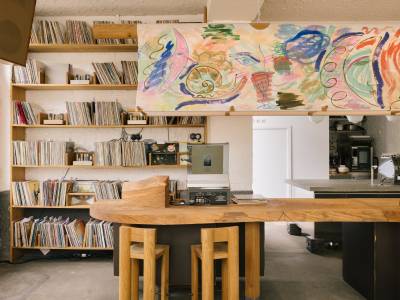Tate Britain is presenting the first major survey of Cornelia Parker’s works.
One of Britain’s leading contemporary artists, her works explore contemporary issues such as violence, human rights and environmental disaster. The exhibition will bring together over 90 artworks spanning immersive installations, sculptures, film, photography and drawing, to celebrate the breadth of Parker’s highly experimental and wide-ranging career to date, including two new works shown for the first time.
Cornelia Parker first came to prominence in the late 1980s creating large-scale suspended installations and sculptures. This exhibition will include several of her best-known early works including Thirty Pieces of Silver 1988-89, an installation of flattened silver objects including teapots, candle sticks and dinnerware collected from charity shops and car boot sales; and Cold Dark Matter: An Exploded View 1991, a garden shed frozen at the moment of explosion, its fragments surrounding a single lightbulb.
Examples of Parker’s more recent room-sized works will be included, such as War Room 2015, created from the reams of perforated red paper negatives left over from the production of British Legion remembrance poppies, and Magna Carta (An Embroidery) 2015, a thirteen-metre long collectively hand-sewn embroidery of a Wikipedia page, which involved over 250 volunteers including public figures, human rights lawyers, politicians and prisoners.
The exhibition will also spotlight Parker’s works on paper, including drawings, photographs and prints, as well as her more intimate sculptural objects. Highlights include the Avoided Object 1999 photographs of clouds, taken on a camera once owned by an Auschwitz commandant; and the inkblot Pornographic Drawings 1995-2006, created from dissolved video tapes confiscated by HM Customs and Excise.
Her film works include Made in Bethlehem 2012-13, depicting a Palestinian father and son as they weave thousands of barbed crowns ahead of the influx of Easter pilgrims, and Chomskian Abstract 2007, an interview with the American social critic and philosopher Noam Chomsky about the intwined relationship between ecological disaster and capitalism.
Cornelia Parker is at Tate Britain until 16th October:
https://www.tate.org.uk/whats-on/tate-britain/cornelia-parker
